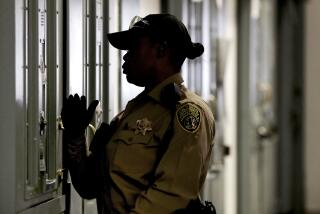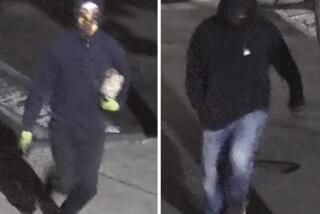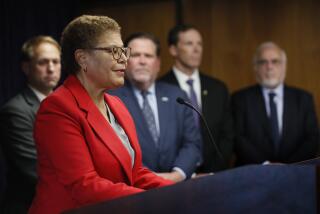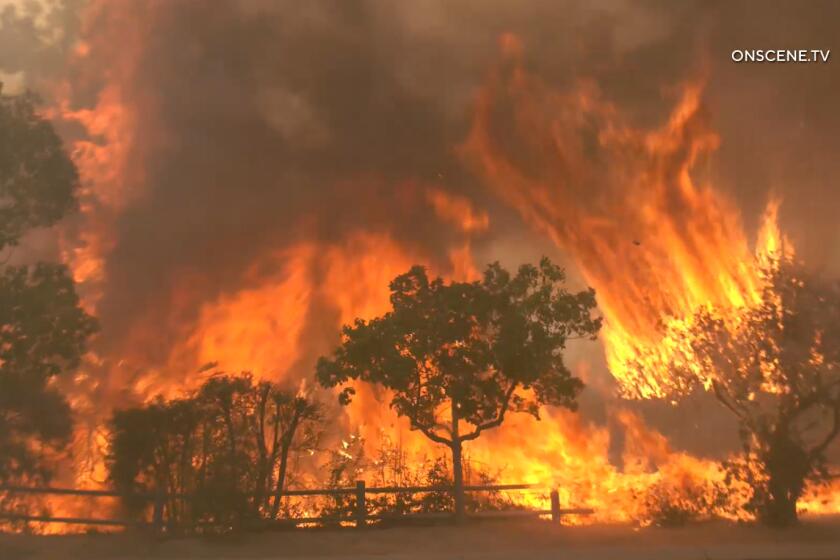Poway synagogue shooter enters second guilty plea, this time in federal court
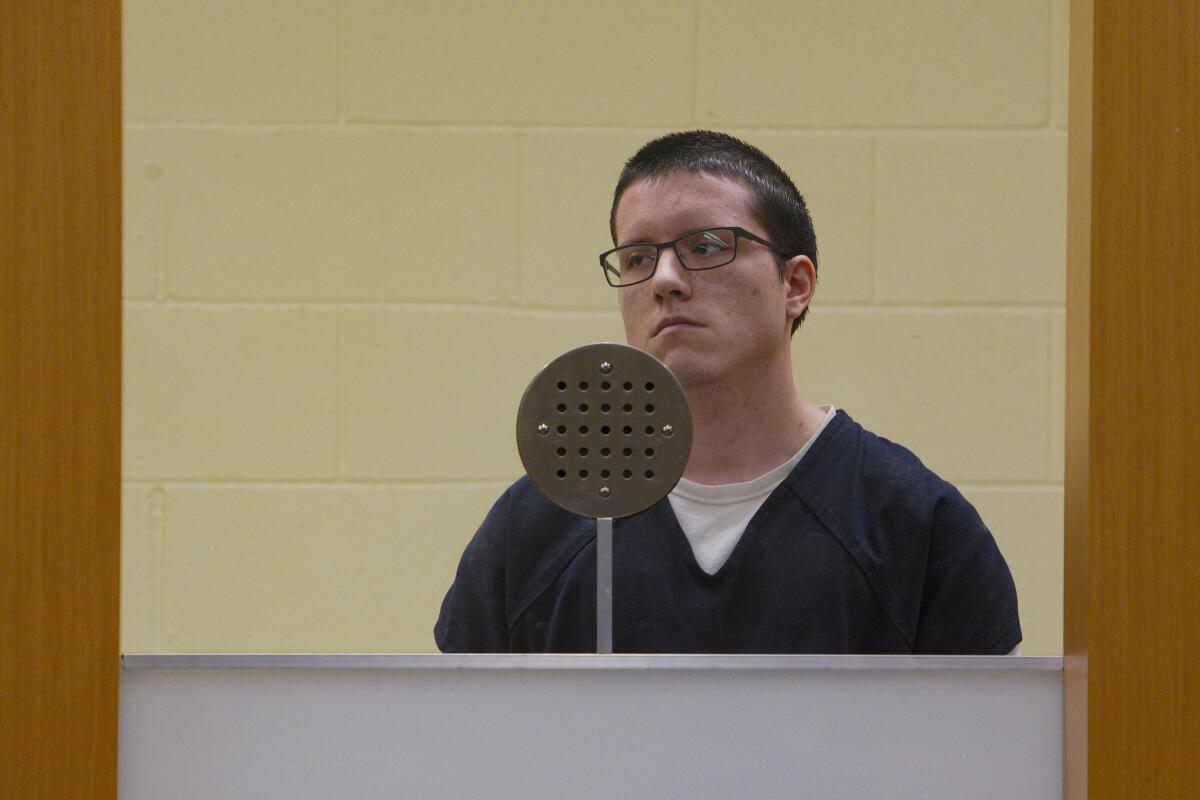
The federal prosecution against John T. Earnest, who opened fire on a Poway synagogue and tried to set an Escondido mosque ablaze, ended Friday with a guilty plea, mirroring the parallel state prosecution that will send him to prison for the rest of his life.
Earnest, 22, pleaded guilty to all 113 charges against him.
The resolution comes two months after Earnest entered a similar plea in San Diego Superior Court, where he is expected to appear again in two weeks to be sentenced.
Earnest, a Rancho Peñasquitos resident and former nursing student at Cal State San Marcos, was able to avoid the possibility of capital punishment with both pleas.
As in the state plea, Earnest on Friday admitted in San Diego federal court that he was driven by his hatred of Jewish and Muslim people when he unleashed violence on Chabad of Poway and Dar-ul-Arquam mosque in 2019.
On April 27 — the last day of Passover — Earnest walked into the lobby of the synagogue and opened fire, killing congregant Lori Gilbert-Kaye, 60. Founding Rabbi Yisroel Goldstein, 8-year-old Noya Dahan and her uncle, Almog Peretz, 34, were injured.
Fifty-four people were inside the synagogue at the time, and Earnest’s guilty plea includes charges that pertain to each victim: commission of a hate crime, obstruction of free exercise of religious beliefs, using a dangerous weapon resulting in death, bodily injury and attempts to kill. He also pleaded guilty to hate crime acts and crimes relating to his use of a gun.
A few congregants, including an off-duty Border Patrol agent who armed himself, fought back against Earnest during the attack. Earnest struggled at one point with his assault-style gun after shooting off the first 10-round magazine, fled into the parking lot and sped off in his car. Earnest then parked in a nearby shopping center, called 911 and told a dispatcher what he’d done. He waited for police to arrive and arrest him.
Shortly before the attack, Earnest posted a hate-filled screed online stating he wished he could kill more Jewish people and praising white supremacist shooters who’d come before him, according to the plea. Someone saw the post and reported the possibility of an imminent attack to the FBI, but the location was unknown and the tip came too late.
Earnest also pleaded guilty to a charge of inflicting damage to a religious property using fire, for setting a blaze at Dar-ul-Arquam mosque in Escondido a month before the synagogue shooting. A missionary sleeping inside the building noticed the fire outside, and his group was able to put it out. No one was injured but the building’s façade was damaged.
Both federal and state prosecutors decided to go forward with charges against Earnest, and both cases were barreling toward trial. The San Diego district attorney’s office had already decided to pursue the death penalty, while the Department of Justice was still considering the option.
Then, at the start of June, Earnest’s lawyers announced during a federal hearing that he’d signed a conditional plea for the Justice Department to accept. The news accelerated a plea deal in the state case.
Under California law, a plea in the federal case would have prevented the state’s case from moving forward. On July 20, Earnest pleaded guilty to murder, attempted murder, arson and other charges in Superior Court. The plea agreement includes a massive penalty: life without possibility of parole, plus a term of 121 years to life, and a third sentence of 16 years.
He is set to be sentenced on Sept. 30 in that case.
In the federal case, sentencing has been set for Dec. 28, although it is not unusual for such hearings to be delayed to allow time for attorneys and probation authorities to better prepare. Defense attorneys and prosecutors are recommending a term of life in prison, plus 30 years, according to the plea.
While the criminal cases wrap up, at least three lawsuits are expected to take much longer to work their way through the courts.
Survivors of the shooting claim the synagogue did not have sufficient security measures in place, despite having obtained money from the federal government to improve safety.
Smith & Wesson, manufacturer of the rifle Earnest used, is also being sued by some survivors for negligence and other claims, as is San Diego Guns, where Earnest purchased the weapon with a hunting license that was not valid.
More to Read
Sign up for Essential California
The most important California stories and recommendations in your inbox every morning.
You may occasionally receive promotional content from the Los Angeles Times.
